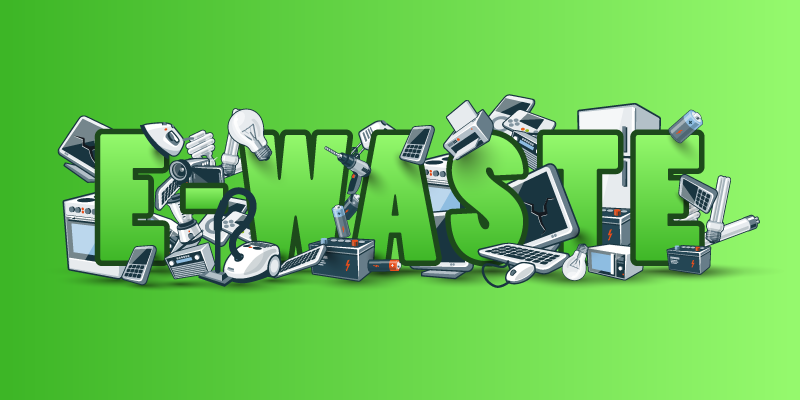
The rapid advancement of technology has led to a significant increase in electronic waste (e-waste), posing environmental challenges globally. Effective management strategies are essential to mitigate the adverse effects associated with e-waste.
Understanding E-Waste and Its Environmental Impact
E-waste includes discarded electronic devices such as smartphones, computers, and household appliances. Improper disposal can release hazardous substances like lead, mercury, and cadmium into the environment, contaminating soil and water sources. Additionally, the production and disposal of electronic devices contribute to carbon emissions, exacerbating climate change.
Strategies for Effective E-Waste Management
1. Product Design for Longevity and Recycling: Manufacturers are encouraged to design products with extended lifespans and ease of disassembly, facilitating repairs and recycling. For instance, certain companies have developed modular speakers that allow for component replacements, reducing the need for complete product disposal.
2. Legislative Measures and Compliance: Governments have implemented regulations such as the Waste Electrical and Electronic Equipment (WEEE) Directive to ensure responsible e-waste disposal and recycling. Compliance with these regulations is crucial for manufacturers and consumers alike.
3. Consumer Awareness and Participation: Educating consumers about the importance of recycling e-waste and providing accessible recycling options can significantly reduce improper disposal. Retailers have initiated programs to refurbish and resell used electronics, promoting a circular economy.
4. Innovative Recycling Technologies: Advancements in recycling technologies, including the use of artificial intelligence and robotics, have improved the efficiency of sorting and processing e-waste, enabling better recovery of valuable materials.
Shenzhen Signal Electronics' Commitment to Sustainable Practices
Shenzhen SIGNAL exemplifies industry efforts in sustainable e-waste management. The company adheres to international environmental directives, including the Restriction of Hazardous Substances (RoHS) and WEEE, ensuring their products are manufactured with minimal environmental impact. By focusing on durable product design and resource conservation, Shenzhen SIGNAL contributes to reducing e-waste generation and promotes responsible recycling practices within the electronics industry.





